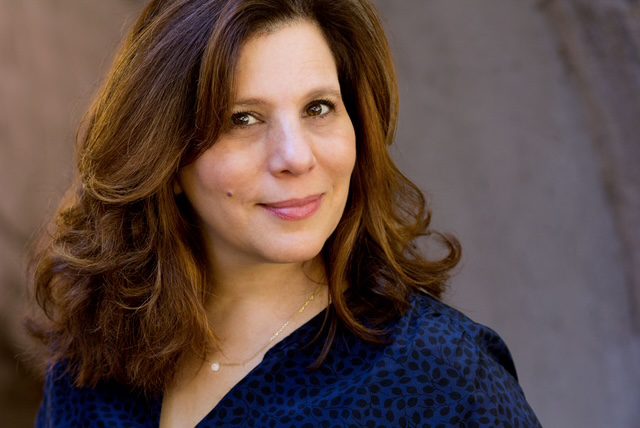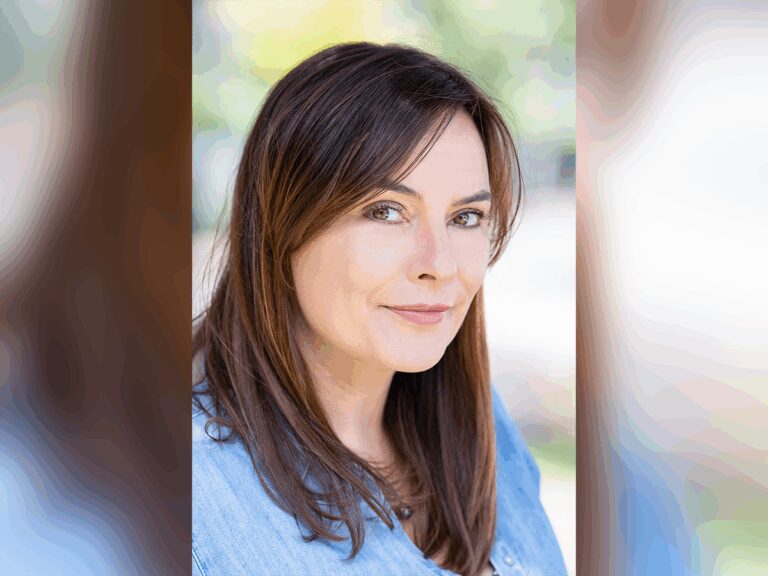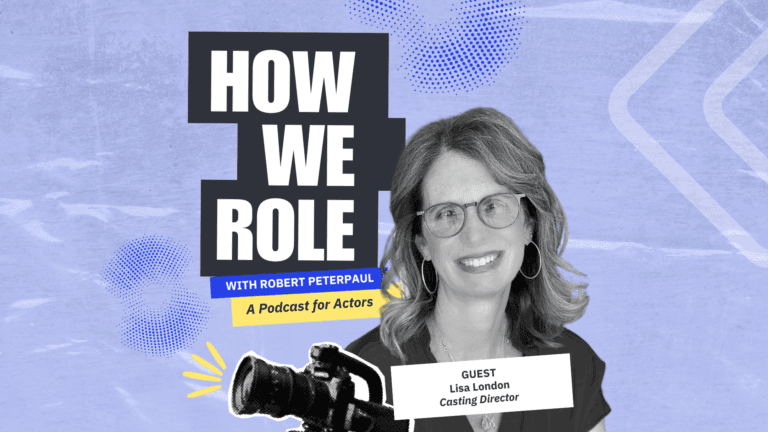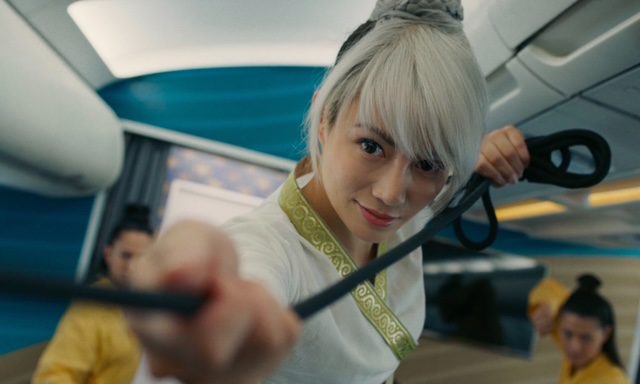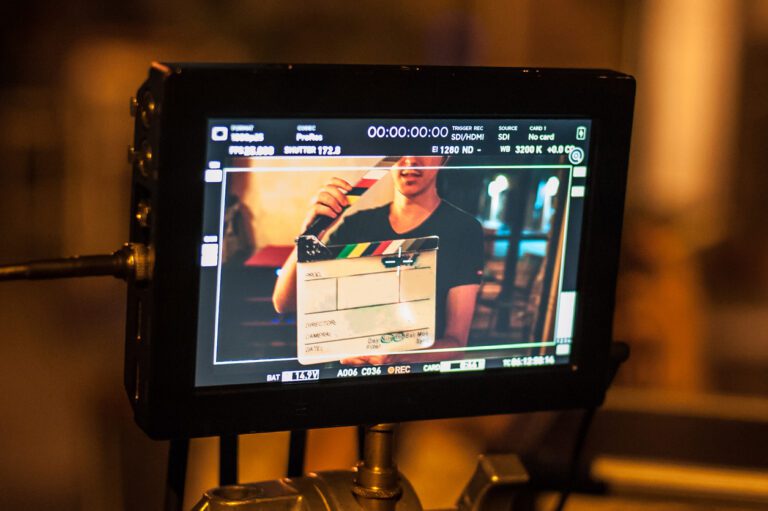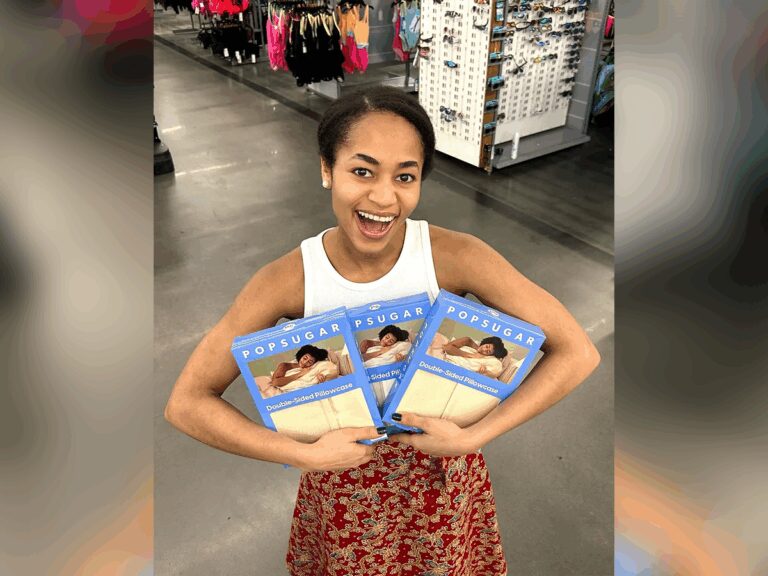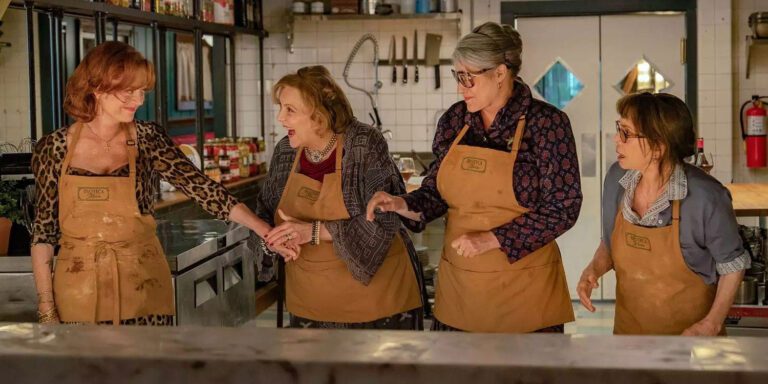If you have worked in New York theater, chances are you have auditioned for Stephanie Klapper. A casting jack-of-all-trades, she is best known for her work casting for the stage.
Klapper has earned so much respect in that regard, her peers have nominated her for 16 Artios Awards over the last decade, mostly for casting in the New York and Regional Theatre categories. She’s won four times, most recently in 2024 for Best Regional Theatre Casting for A Chorus Line.
Currently, she’s juggling several projects, including Ava: The Secret Conversations (a play about Ava Gardner, starring Elizabeth McGovern), a new musical called Mythic (to be directed by Kathleen Marshall) and a new play for the Mint Theater Company called Crooked Cross. She spoke to us from New York’s Pearl Studios in between sessions.
Insights: Lessons From Stephanie Klapper
- Treat every audition as a welcome opportunity—casting directors want you there and believe in your potential.
- Build diverse skills and experiences; unexpected paths (like stage management or directing) can lead to valuable connections and opportunities.
- Embrace collaboration and networking—relationships and teamwork are key to long-term growth in theater.
How did you get into casting in the first place?
Through a conversation in an elevator with a director named Tony McKay, who knew that I was an emerging director and [that] I was doing a lot of freelance work.
He said a small off-Broadway theater needed somebody to do their casting, and I had the background to give it a try. I had already worked as a production manager and as a stage manager, and was forging my way as a director.
How did you get to that point?
I was a musician who took a sharp turn. Instead of going to the conservatory for flute, I decided that I loved watching movies, and film school sounded like a great way to do more of that.
I went to SUNY Purchase’s film conservatory for two years to make movies and realized I loved working with actors. That’s when I discovered that I was interested in directing and could put all my interests together.
I also realized that I would have been in a better place if I’d done film studies, and Purchase didn’t have that, so I took a break from the department and took classes in other areas. I had a professor who was a great theater critic named Julius Novick, and he recruited me for his new drama studies program. Within that, I could create my own directing program and do a lot of independent work.
I got to do an internship with the Delacorte Theater and Lee Breuer, and I worked on The Tempest in Central Park. Through that, I started building my directing by meeting other people.
Thinking about joining Casting Networks? Sign up for a free trial today!
What about when you got out of college?
I graduated on time, and my flute teacher’s boyfriend at the time was Maury Yeston, who was workshopping the musical Nine. For my Christmas break, I got to work on that as the page-turner for the rehearsal pianist, and two days after graduation, they were looking for an assistant and invited me to be their person.
That was my start. It was kind of an incredible place to be. They were my inspiration and gave me the courage to be brave enough to try different things; which is why I then did a short stint at a theatrical advertising agency, and then freelanced as a production manager and stage manager. That’s how I ended up at Jewish Repertory Theatre, where I got my start.
I wasn’t planning to be a casting person. I was interested in meeting actors on my projects, and I thought, “What an incredible way to have access to so many more people than I would if I was just doing my own thing.”
Once you had this experience, what was it about casting that turned that into your career?
Well, I didn’t do it right away. I was at Jewish Rep for about four years, learning, and what happened was I loved the process.
I found directing could be quite lonely at times, whereas casting felt more collaborative to me, and I enjoyed getting inside the heads of my creative teams and also being a facilitator for enormously talented people that I might not have gotten to meet otherwise. People started asking me if I was interested in casting other things outside of that theater.
When it was time to move on, a friend of mine said, “I have an extra space. Why don’t you use it?” It seemed like one opportunity led to another, and I felt I should listen to the signals, which were telling me this was an area that seemed more effortless.
It was happening in an easier way than directing, which was effortful, and I didn’t have to justify myself in quite the same way. Casting just seemed to come very naturally to me, and [with] directing, there was a lot of competition with a lot of people with a lot of different abilities.
Was there a specific light-bulb moment when you realized this was your life?
When I moved to my own space and realized, “I guess I’m going to do this.”
I called another casting person I knew from my Nine days, Leonard Finger. We were all at 1501 Broadway then, and I said, “I think I want to do this as a career and I’m enjoying it, but I’d love to learn how to do it properly. Would you teach me?” He allowed me to be his associate on projects and also grow my business. He’s no longer in casting, but he’s still a very close friend.
What is it about theater that led you to specialize in that field?
I think that it goes back to the collaborative nature of things and being able to understand the process in a way that maybe I do best. It’s a process that incorporates casting in a way that feels very much like a part of the entire group, not hierarchical. For me, theater brought all of these different things together in a way that happened more naturally than the other areas.
Doing as much theater as you do, I would imagine that a fair number of actors who have gone on to great things have come through your audition room. Do you have any favorite stories where you might have given an actor their first break?
Oh, that’s such a hard question, because I’m watching so many people. Danny Burstein is somebody I’ve known since very early in his career. Julia Knitel, who’s now nominated for a Tony Award for Dead Outlaw, is somebody who, very early on, came in for us and did a musical about Harvey Milk. I’ve had the opportunity to watch many people grow and flourish along the way.
Working with so many actors in this regard, what piece of advice or wisdom would you give to someone coming in to audition for you?
Know that you’re welcome in the room, and we’re very excited that you’re coming in. Take that time to know that we want you to be there and that you’re invited because we believe in you.
You may also like:

